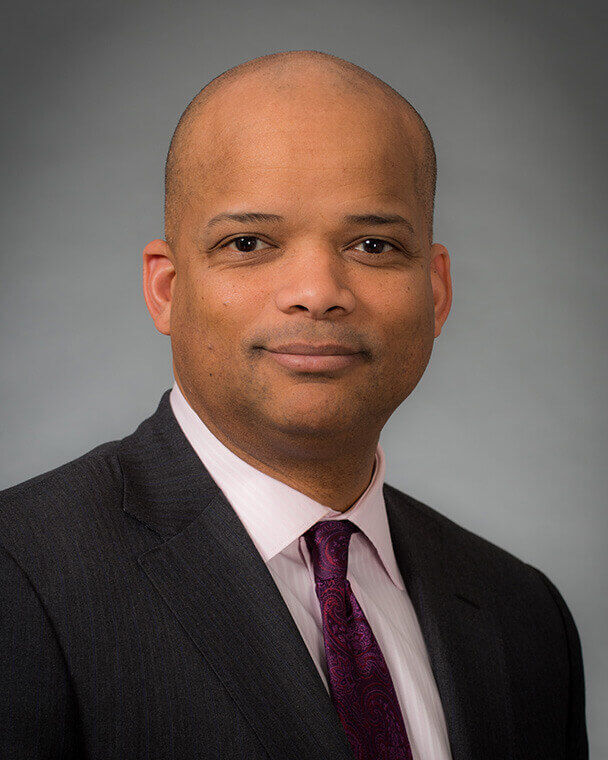Blogs | 10.7.2019
Board Member Spotlight: Robert Curbeam
Robert Curbeam, Vice President, Northrop Grumman Innovation Systems, Former NASA Astronaut, and Challenger Center Chair has served as a member of Challenger Center’s Board of Directors since 2015. Before joining Northrop Grumman, Mr. Curbeam was Mission Area Director of Civil Space and International Business at Raytheon. He also held a wide range of positions with NASA as director of Safety, Reliability, and Quality Assurance for the Constellation program, deputy director of Flight Crew Operations; and Spacecraft Communicator (CAPCOM) branch chief. Mr. Curbeam was second-in-command for safety across NASA, as the deputy associate administrator of Safety and Mission Assurance at NASA headquarters. During his tenure with NASA, he served on three space shuttle missions and seven spacewalks.
What was your favorite part about going to space?
My favorite part of flying in space was doing spacewalks. It was one of the few activities that I performed as an astronaut which combined both mental and physical skills, and allowed me to enjoy some of the most incredible views that I have ever seen in my life.
What skills did you find must valuable during your space missions?
By far it was the ability to focus on a single objective or task without losing the big picture. During training for my spaceflights, the simulator instructors would attempt to get you so preoccupied with a certain task that you would miss a malfunction that was of greater importance, or neglect to recognize that a combination of malfunctions would result in a consequence greater than the sum of the parts. Fortunately, my time as a midshipman and as a naval officer had taught me that while completely focused on the task at hand, it was necessary to occasionally step back and look at the big picture to ensure that you had your priorities straight, and considered any unintended consequences.
Have you had a mentor during your career? If so, why are mentors so important?
I have had many mentors during my career, and continue to have them. Mentors are important because they offer you the gift of learning through the experiences of others, which is exactly why it is important to have several mentors at all times.
What’s your favorite part about being Chairman of the Board of Challenger Center?
My favorite part of being Chairman of the Board is knowing that I am a part of an organization which is greatly benefiting society. The future will be shaped by the people in it, and if we can help educate and inspire them, they will make better decisions, which leads to a better world. You can see a little bit of that better world with every smiling face that leaves a Challenger Learning Center.
What do you believe differentiates Challenger Center from other STEM education organizations?
I feel that the largest thing that differentiates Challenger Center from other STEM organizations is our reason for being – to help fulfill one of the missions of the Challenger crew by inspiring young people to pursue knowledge. Rarely does an organization which provides so much good grow from an event of such tragedy. I have no doubt that the crew of STS-51L would be proud of what we have accomplished.
What advice would you give to students who want to pursue a STEM career?
Don’t give up. The path will be, at times, very difficult, but the rewards are more than worth it. When I started my journey, I had no idea that it would be this amazing, and the lessons I learned while negotiating many of the more difficult obstacles were extremely helpful in many of my achievements.
In your opinion, why is STEM education important?
STEM education is important because technology defines how we live, and it is the people who are inspired to have careers in the STEM fields that will shape how we live in the future. We need as many of these people as we can get.
Lastly, why should people support Challenger Center?
People should support Challenger Center because it is truly an investment in our future well-being. The future of human existence will be filled with difficult challenges, and STEM-educated people will be the ones leading the way to make our lives better through innovation, new inventions, and solutions to those problems. We need to water those seeds of knowledge now, and one way to do it is to support our Challenger Centers.
To read Robert Curbeam’s full bio, click here: https://www.challenger.org/team_members/robert-curbeam

